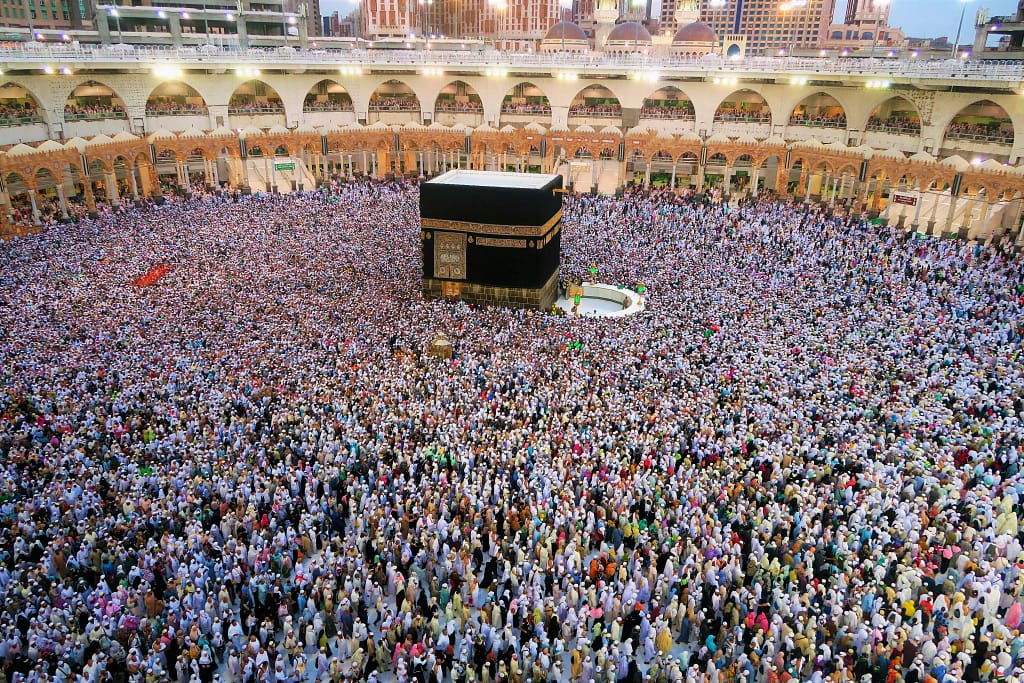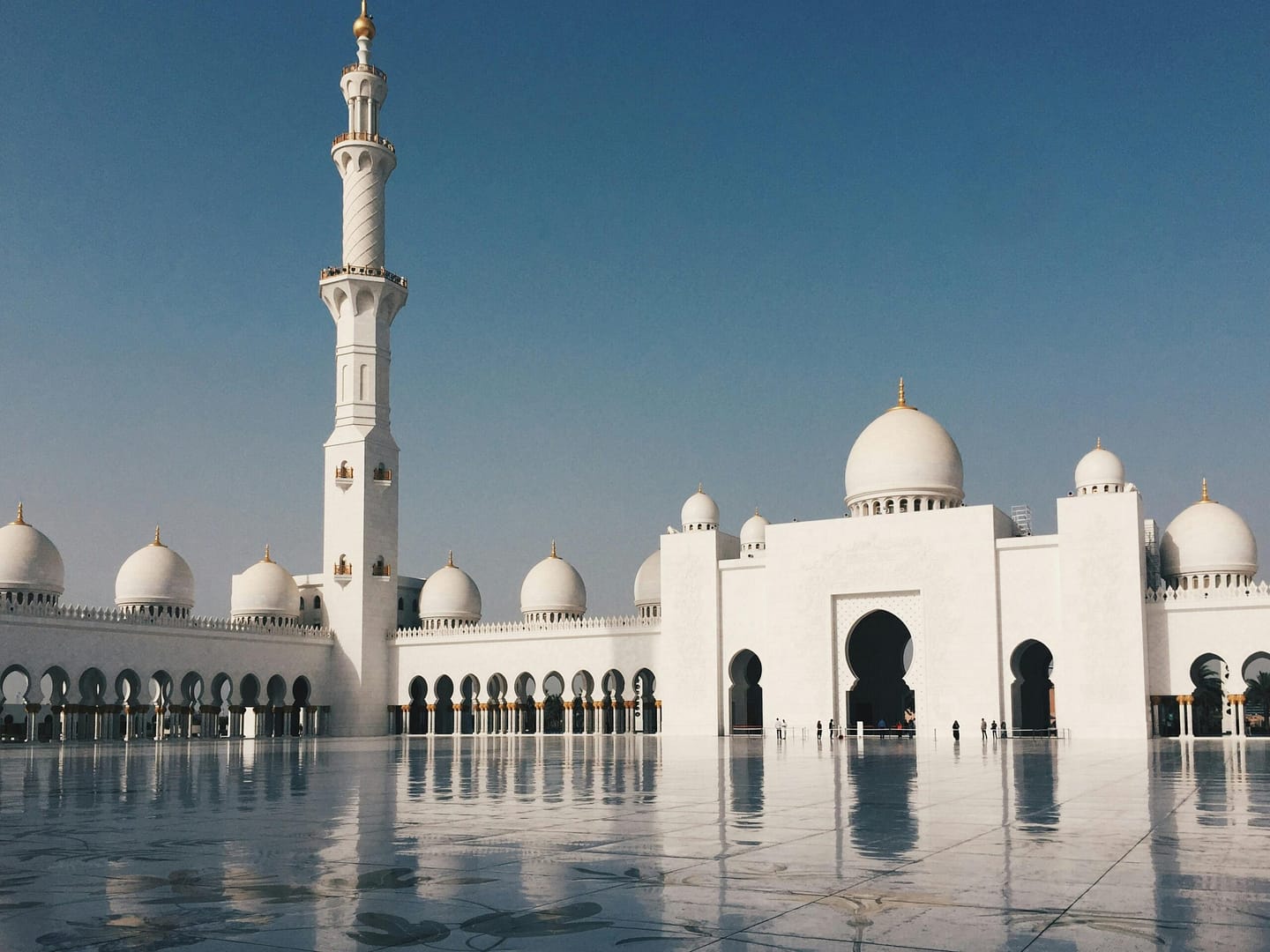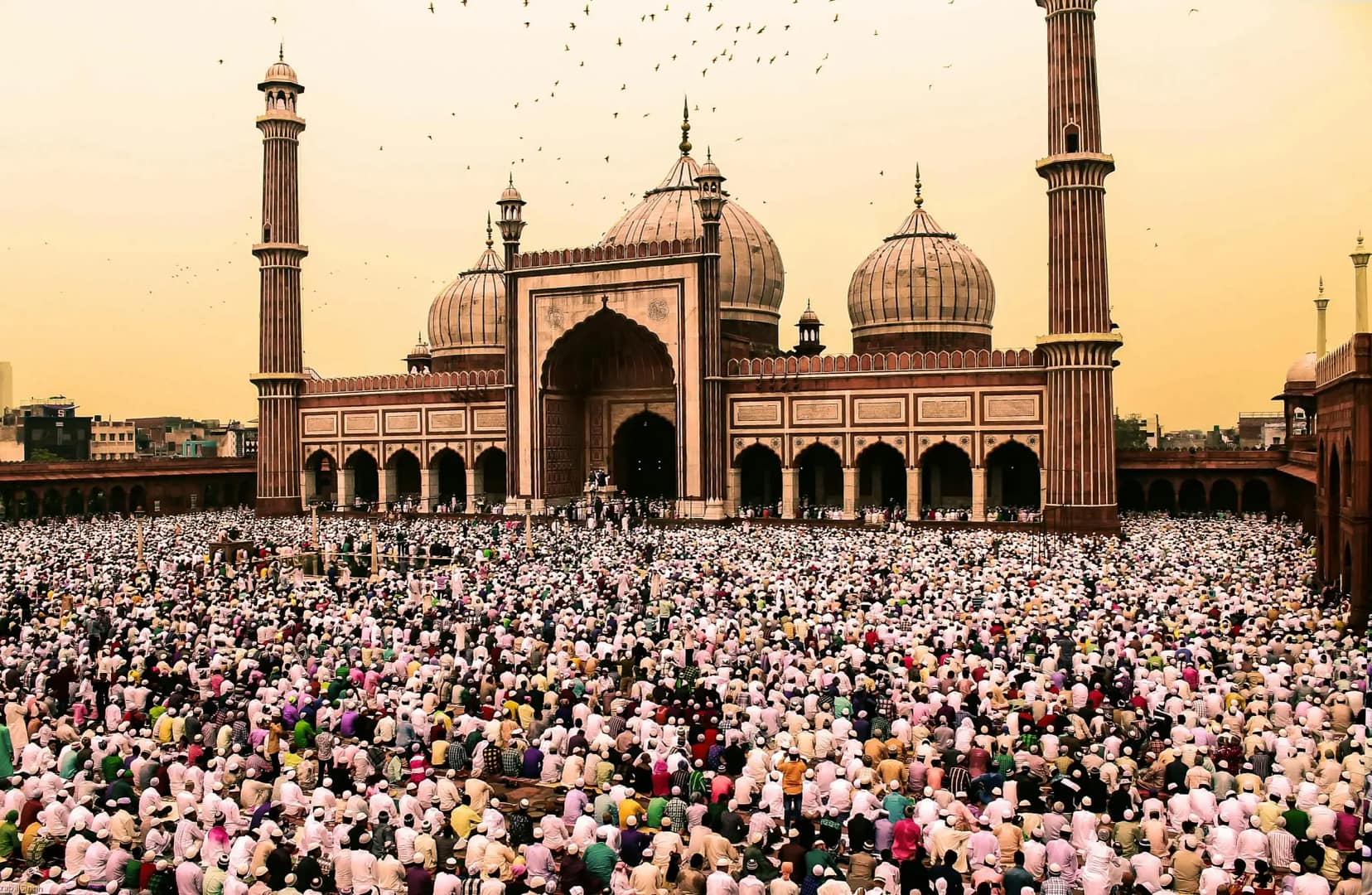The Five Pillars of Islam, or “arkān al-Islām” in Arabic, represent the core practices that form the foundation of a Muslim’s faith and actions. These essential rituals are considered obligatory acts of worship for all Muslims, guiding their daily lives and spiritual journey. This article delves into the significance of each pillar, illustrating their importance with references from the Qur’an and Hadith.
What Are the Five Pillars of Islam?
The Five Pillars of Islam include:
- Shahada (Faith)
- Salah (Prayer)
- Zakat (Almsgiving)
- Sawm (Fasting)
- Hajj (Pilgrimage)
These pillars serve as the framework for a Muslim’s religious practice, reflecting their devotion and commitment to Allah.
1. Shahada (Declaration of Faith)
The Shahada is the Islamic declaration of faith, proclaiming the oneness of Allah and the finality of the prophethood of Muhammad (peace be upon him). This testimony is foundational to Islamic belief, encapsulating the essence of monotheism in Islam. The declaration is as follows:
- Arabic: “أشهد أن لا إله إلا الله وأشهد أن محمدًا رسول الله”
- English: “I bear witness that there is no god but Allah, and Muhammad is His Messenger.”
This statement reinforces the core Islamic belief that there is only one God and Muhammad is His final prophet, serving as the foundation of a Muslim’s faith.
2. Salah (Prayer)
Salah refers to the ritual prayers performed five times a day: at dawn, noon, mid-afternoon, sunset, and night. This practice fosters a continual connection with Allah, providing regular moments of reflection and devotion. Quranic verses emphasize the importance of prayer:
- Quran 20:130: “So be patient over what they say and glorify [Allah] with praise before the rising of the sun and before its setting.”
3. Zakat (Almsgiving)

Zakat is the act of giving a portion of one’s wealth to those in need, ensuring the redistribution of wealth within the community. It is a form of social justice and solidarity. The Quran underscores this practice:
- Quran 2:177: “It is not righteousness that you turn your faces towards the East or the West, but righteousness is in one who believes in Allah, the Last Day, the Angels, the Book, and the Prophets, and gives his wealth, in spite of love for it, to relatives, orphans, the needy, the traveler, those who ask [for help], and for freeing slaves.”
4. Sawm (Fasting)

Fasting during the holy month of Ramadan, known as Sawm, involves abstaining from food, drink, and other physical needs from dawn until sunset. This practice purifies the soul and fosters empathy for the less fortunate. Quranic guidance on fasting is found in:
- Quran 2:183-185: “O you who have believed, decreed upon you is fasting as it was decreed upon those before you that you may become righteous… Ramadan is that in which was revealed the Quran.”
5. Hajj (Pilgrimage)

Hajj is the pilgrimage to Mecca that every Muslim must undertake at least once in their lifetime if financially and physically able. It is a profound act of worship that symbolizes unity and equality. The Quranic description of Hajj includes:
- Quran 2:196-203: “And complete the Hajj and Umrah for Allah… And remember Allah during [specific] days.”
Importance of the Five Pillars
The Five Pillars work in harmony to embody the essence of Islam as a religion of peace and submission to Allah. They provide a structured approach to worship and community involvement, ensuring that all aspects of life are aligned with Islamic principles.
- Shahada affirms the central belief in Allah and His Messenger.
- Salah establishes a regular connection with Allah.
- Zakat ensures wealth is shared and social justice is maintained.
- Sawm promotes self-discipline and empathy.
- Hajj fosters unity and equality among Muslims.
Each pillar is vital for a comprehensive Islamic lifestyle, guiding Muslims in their spiritual, social, and ethical practices.
For more comprehensive resources on each pillar, visit our Islamic studies courses page.
Explore Our Courses and Free Trial
To deepen your understanding of the Five Pillars and other Islamic teachings, explore our range of courses. Click here to sign up for a free trial. Enhance your knowledge and practice with our expert-led courses today!
In preparing this article, we used the islamicstudies website. You can visit the website for more details and useful resources on this topic.


